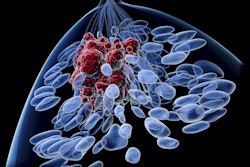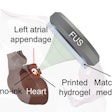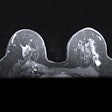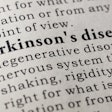More in Home
3D printing method using ultrasound shows success
December 7, 2023
CEM shows value as surveillance imaging tool
December 6, 2023
ChatGPT tested on nuclear medicine cases
December 6, 2023
AI model aids in ultrasound rotator cuff exams
December 5, 2023
Brain MRI radiomics help predict poor newborn neurodevelopment
December 5, 2023
Thrombectomy use increasing to treat VTE
December 5, 2023
Can stem cell injections treat knee osteoarthritis?
December 5, 2023



















